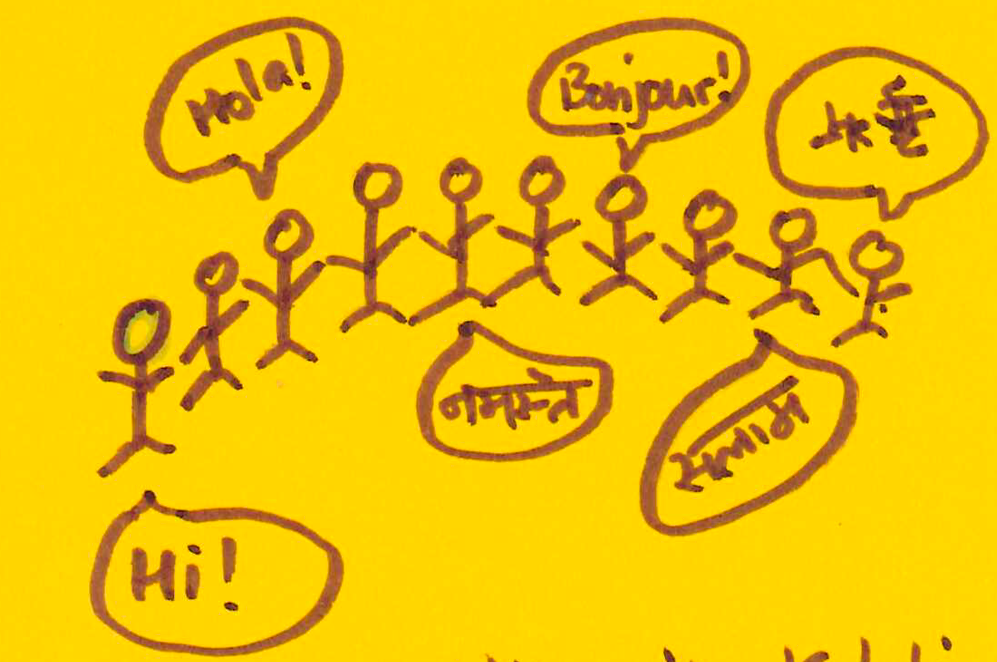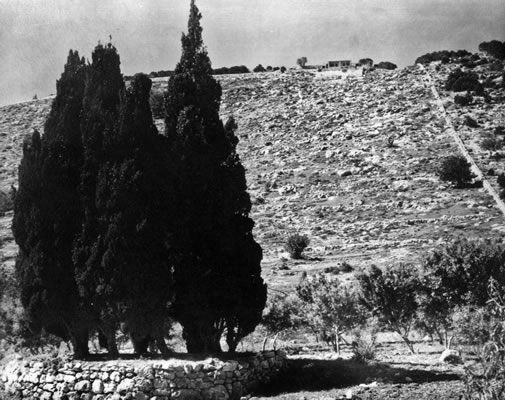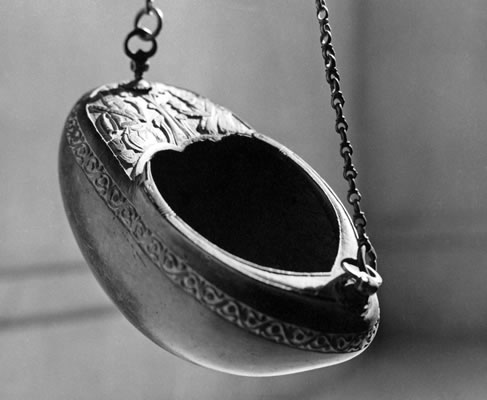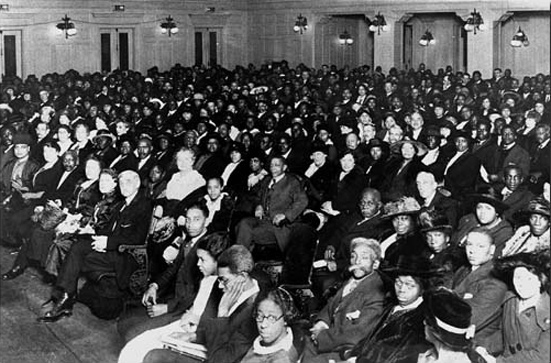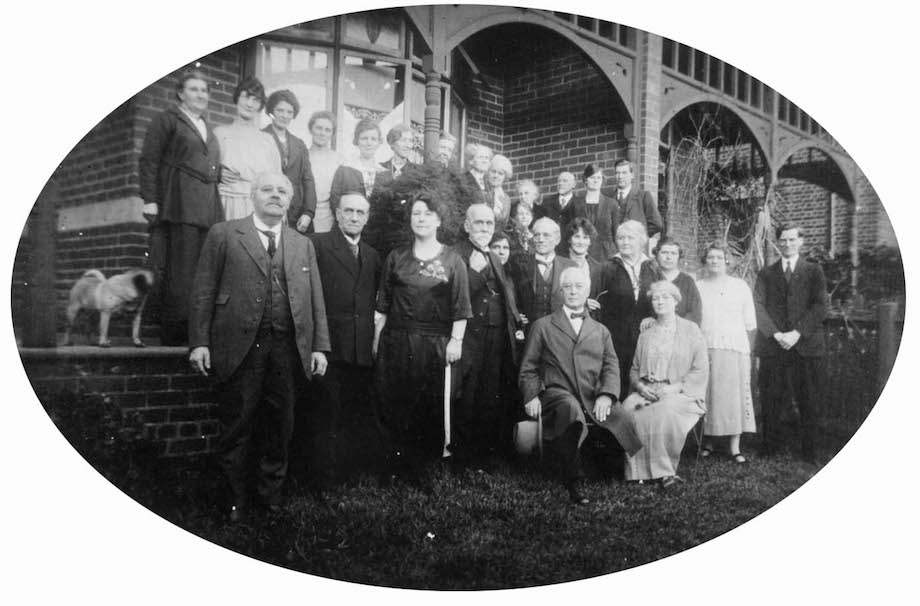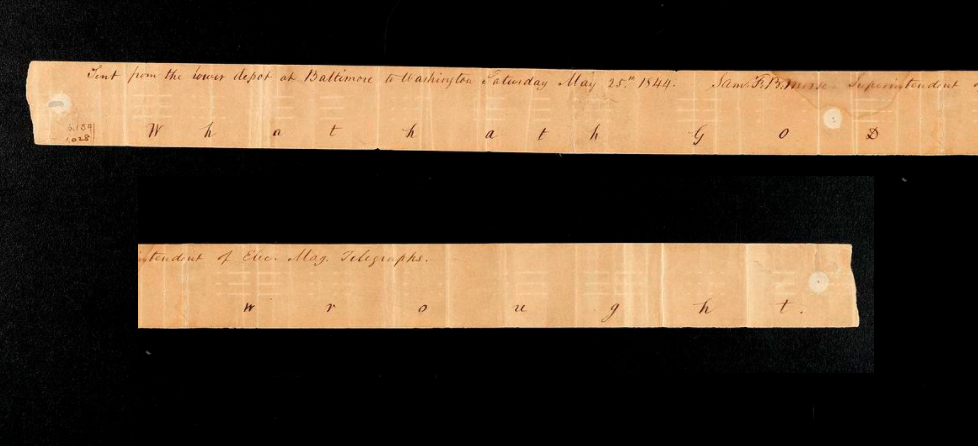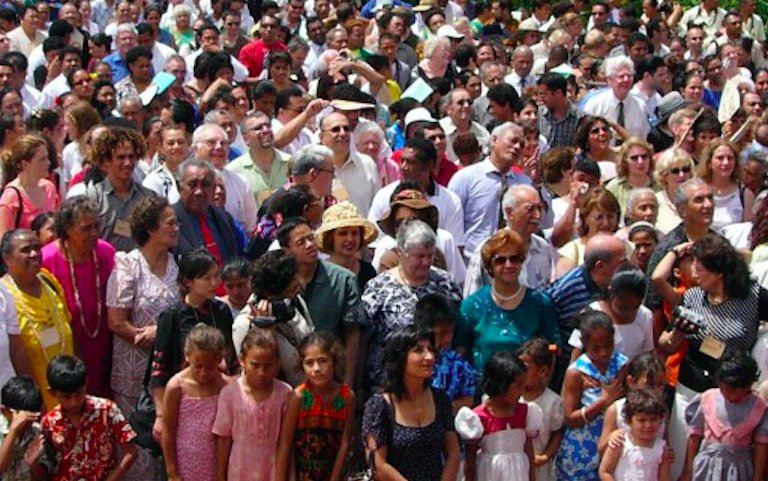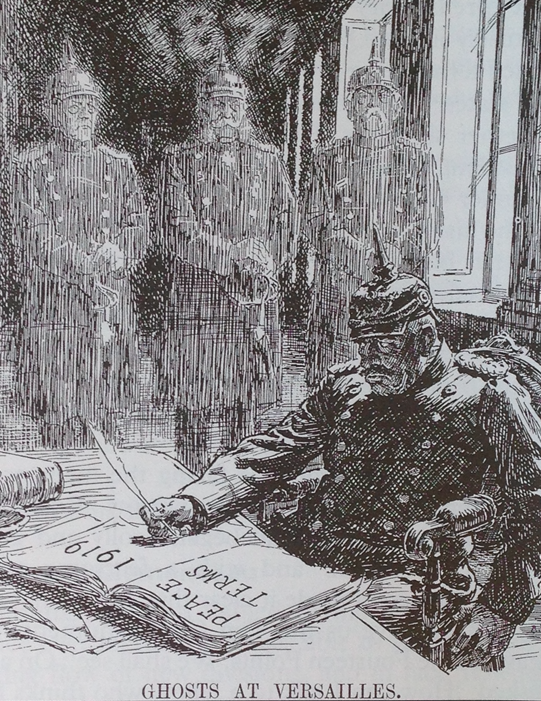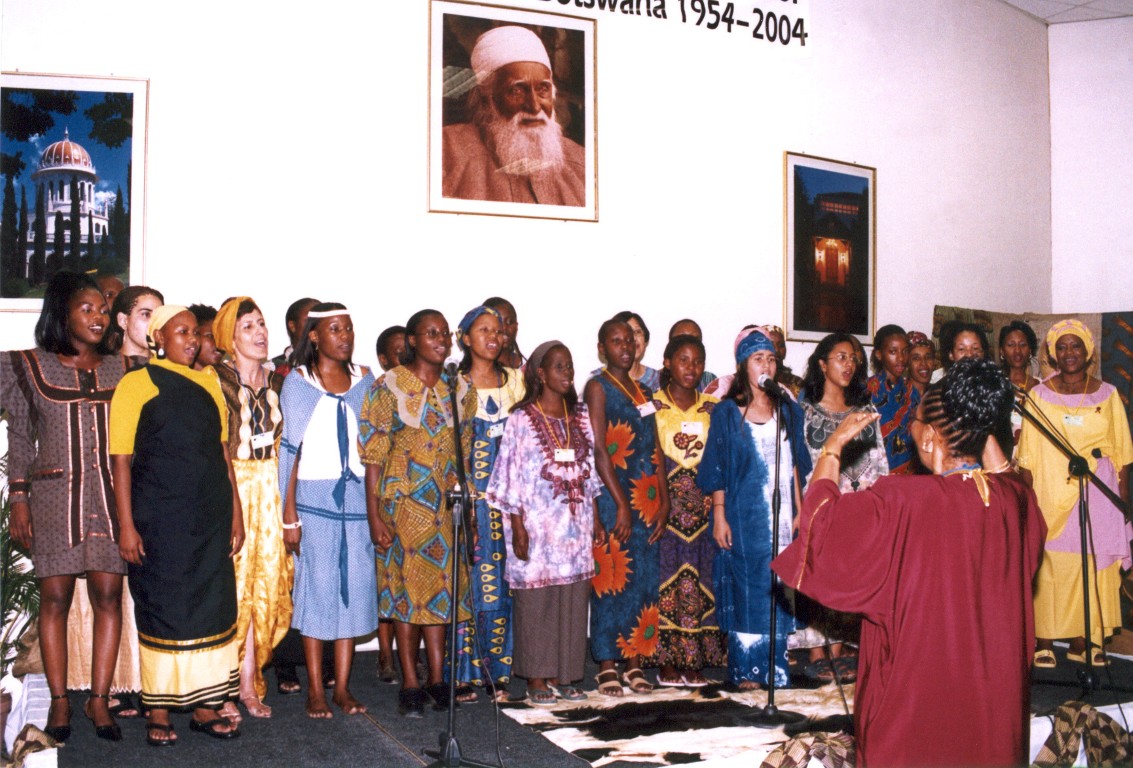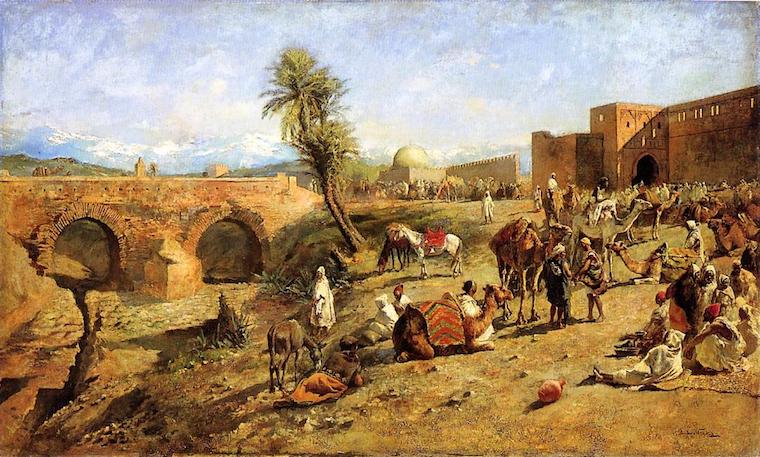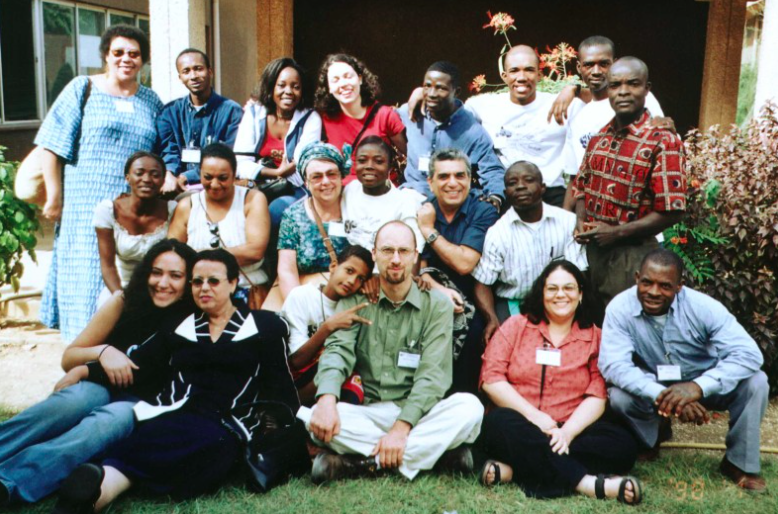-
Bahá’u’lláh’s Call for a Common Language for the World
We live on the same planet, we breathe the same air, we belong to the same community of humankind. Yet we don’t speak the same language. Often we can’t understand each other at all. Many times we struggle to communicate well. It’s clear enough what an impediment the absence of a common human language is to peace and understanding in the world. Bahá’u’lláh calls for the adoption of such a language. It is incumbent upon all nations to appoint some men of understanding and erudition to convene a gathering and through joint consultation choose one language from among the varied existing languages, or create a new one, to be taught to…
-
We are One – Overcoming Racism: Part 2
As introduced in yesterday’s article, racism is entirely incompatible with Bahá’u’lláh’s teachings. Close your eyes to racial differences, and welcome all with the light of oneness.[1] As Westerners began to join the Baha’i Faith early in the 1900s, it was clear that racism would need to be addressed, and ‘Abdu’l-Bahá, Bahá’u’lláh’s eldest son, set out to do so. Indeed ‘Abdu’l-Bahá began this work from the earliest visits of Western pilgrims who came to see him in the early 1900s to learn about Bahá’u’lláh’s teachings. In 1911 he invited Louis Gregory, an African American lawyer, to visit him. The pilgrimage not only had a profoundly transformative spiritual impact on Gregory but provided opportunities for ‘Abdu’l-Bahá to stress…
-
We are One – Overcoming Racism: Part 1
While Bahá’u’lláh, a persecuted prisoner of the Ottoman Sultan, was promulgating his universal teachings of the oneness of humanity, wholly different and toxic doctrines were taking hold in Western thought. Racism was emerging as scientific and intellectual orthodoxy and was to reach its horrific nadir in the holocaust of World War II. Europeans held dominance over their fellow human beings as colonial powers – a dominance often misused. A strict racial segregation and hierarchy was the reality of race relations in America. The flowering of European material culture seduced many in the West with the false idea of inherent “white” superiority. Racism is entirely at odds with Bahá’u’lláh’s teachings and the intent and meaning…
-
We Are One – Bahá’u’lláh’s Teachings on the Oneness of Humanity
Shoghi Effendi, the great-grandson of Bahá’u’lláh, described the oneness of humanity as the “pivot” of Bahá’u’lláh’s teachings. When Bahá’u’lláh’s son ‘Abdu’l-Bahá travelled to the West in the early twentieth century, he would often begin his talks with the principle of the oneness of humanity as the first of Bahá’u’lláh’s principles. When the English scholar Edward Granville Browne visited Bahá’u’lláh, towards the end of Bahá’u’lláh’s life, the theme of oneness was at the heart of what he took from Bahá’u’lláh’s words. That all nations should become one in faith and all men as brothers; that the bonds of affection and unity between the sons of men should be strengthened; that diversity of religion…
-
The Duty of Kindness and Sympathy Towards Strangers and Foreigners
It is hardest to write of those things about which we feel most deeply. Today I wish to write about someone whose words and life have profoundly influenced and inspired me. That person is Abdu’l Baha: the son of the founder of the Baha’i Faith and its leader from 1892 to 1921. I wish to address particularly what Abdu’l Baha had to say about the issue of ‘foreignness’. One hundred years ago, on 16 and 17 October 1911, he gave his first recorded talk to the people of Paris. The theme of his talk was “the duty of kindness and sympathy towards strangers and foreigners”. What did Abdu’l Baha see…
